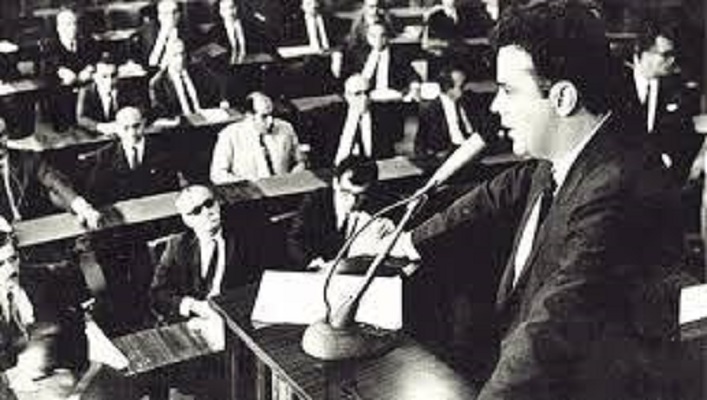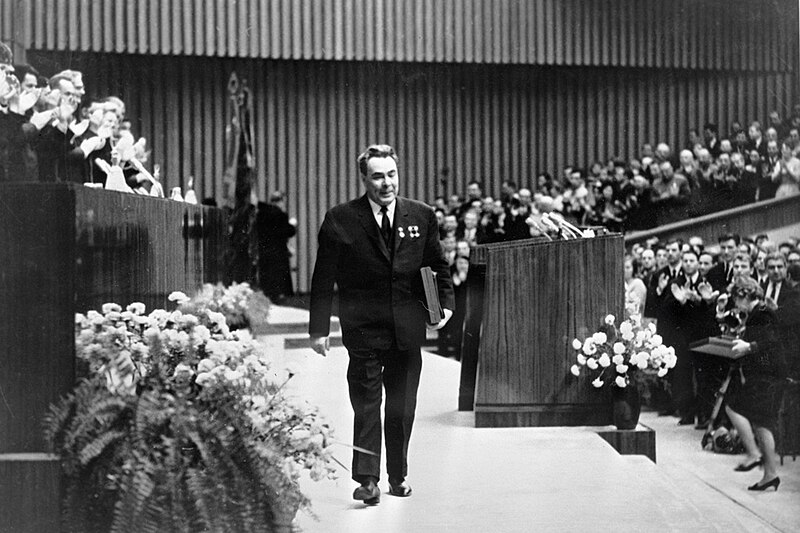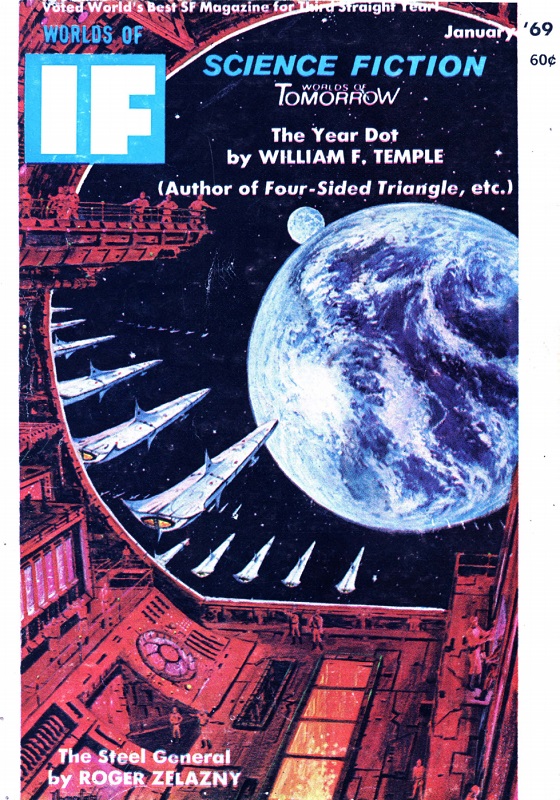
by David Levinson
The misrule of law
You may recall that Brazil underwent a military coup back in the spring of 1964. The reasons were the usual ones, and the U.S. response can be characterized, at best, as “turning a blind eye,” because then-president João Goulart (popularly known as Jango) was leaning a little too far to the left. The military junta which has ruled Brazil since prefers to call it a revolution, not a coup, but whatever you call it, the result is the same.
Seeking to give themselves more legitimacy, the military instituted a two-party system in 1966. The National Renewal Alliance (ARENA) officially represents the military dictatorship, while the Brazilian Democratic Movement (MDB) gets to make speeches against and vote no on things that are going to happen anyway. That way, the legislature doesn’t look like the rubber stamp it is.
Or was. Unrest has been growing, particularly among the young. Arbitrary arrests and the torture of politcal prisoners has been ongoing. In March, a teenager who was leading a protest against rising food prices was shot point-blank by military police. This murder sparked further unrest, to the point that officials felt they had no choice but to allow a large protest march, hoping it would let the students blow off steam. The March of the One Hundred Thousand in June saw little violence, as the protestors demanded an end to the military government.
 The March of the One Hundred Thousand. The banner reads “Down with dictatorship. People in power.”
The March of the One Hundred Thousand. The banner reads “Down with dictatorship. People in power.”
Enter Márcio Moreira Alves. He started out as a journalist and opposed the Goulart government. After initially supporting the coup, he soon began to oppose it as well, with his primary cause being an end to the torture of political prisoners. He was elected as a Federal Deputy in 1966 and has continued his fight. In September, he called for a boycott of Brazil’s Independence Day celebrations on September 7th, and urged young women not to dance with military officers (or perhaps not date them, I have seen both mentioned in reports).
That was too much. The Justice Department asked the legislature to lift Alves’s immunity so that he could be tried for treason. On December 12th, a joint session of the Federal Chamber of Deputies and the Federal Senate resoundingly refused to do so with a vote of 216-141.
 Márcio Moreira Alves delivering the speech that got him into trouble.
Márcio Moreira Alves delivering the speech that got him into trouble.
The very next day, President Arturo da Costa e Silva issued Institutional Act Number 5. This act, which is not subject to judicial review or legislative oversight, allows the president to rule by decree, eliminates habeas corpus for political crimes, establishes censorship, and lets the government suspend any public servant who is found to be subversive or uncooperative, along with a number of other heavy-handed measures. Costa e Silva ordered hundreds of arrests of government critics the very next day.
There is strong opposition even within ARENA, the party founded to support the junta. Whether this is merely a crackdown or the beginning of cracks in the foundation of the dictatorship remains to be seen.
Passing judgment
If last month’s issue was about forgetting, this month’s IF is about the law and judgment. There’s something else that ties almost all the fiction here together, but we’ll get to that at the end.
 Time travelers on their way to meet their ancestor. Art by Vaughn Bodé
Time travelers on their way to meet their ancestor. Art by Vaughn Bodé
Continue reading [January 4, 1969] Not following through (February 1969 IF)

![[January 4, 1969] Not following through (February 1969 <i>IF</i>)](https://galacticjourney.org/wp-content/uploads/2023/12/IF-1969-02-Cover-570x372.jpg)
![[December 2, 1968] Forget It (January 1969 <i>IF</i>)](https://galacticjourney.org/wp-content/uploads/2023/11/1969-01-IF-cover-560x372.jpg)
 Leonid Brezhnev after addressing the Soviet Central Committee earlier this year.
Leonid Brezhnev after addressing the Soviet Central Committee earlier this year. Just some random art not associated with any of the stories. Art by Chaffee
Just some random art not associated with any of the stories. Art by Chaffee